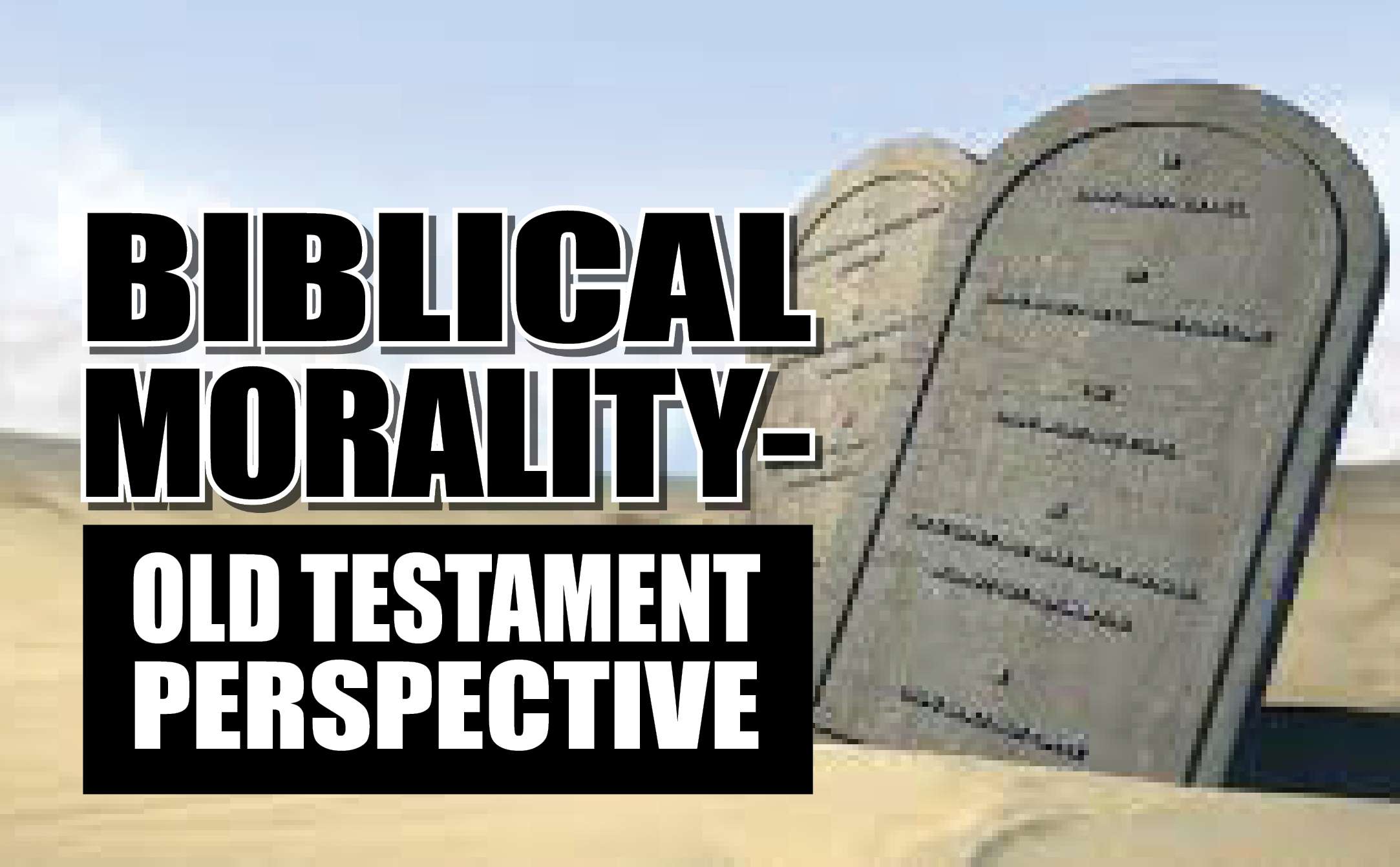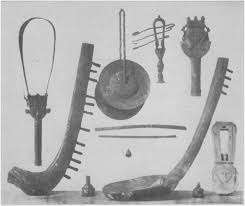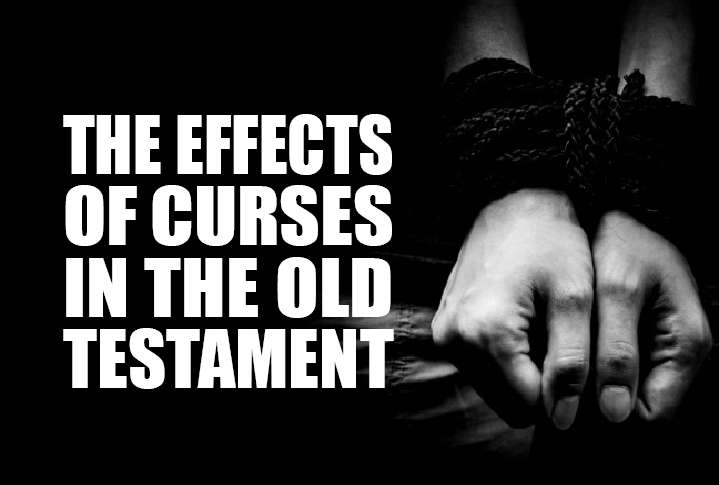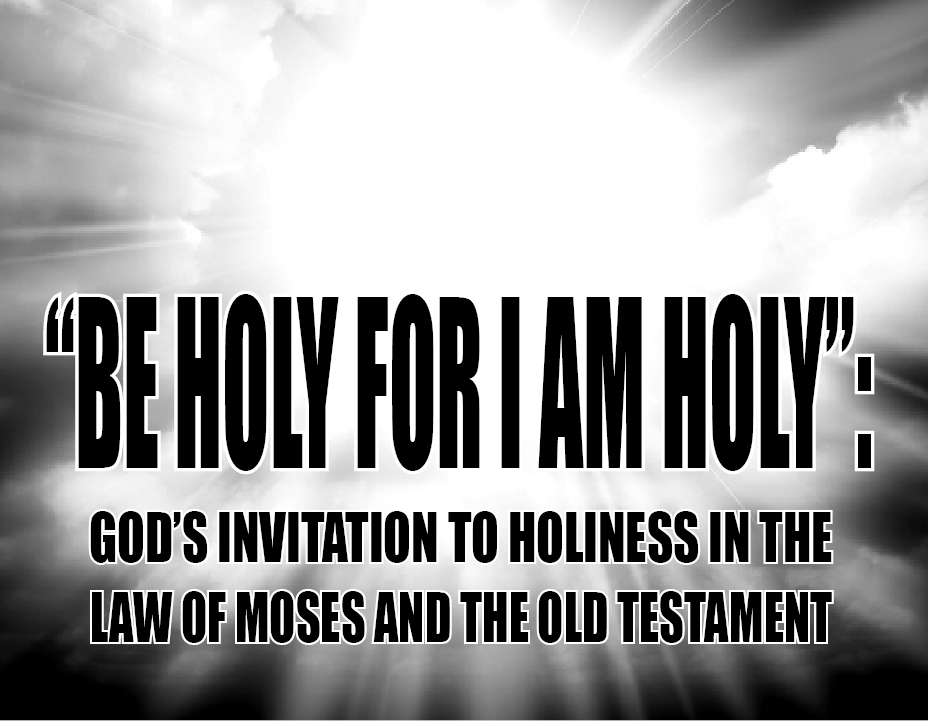

Biblical Morality-Old Testament Perspective
Pr. Jison Saju Joseph
When we consider biblical morality as presented in the Old Testament, first we have to remember the scenario in which the Old Testament laws were presented. The people of Israel had undergone over 400 years of brutal enslavement. Their sense of human dignity was extremely broken, and their appreciation of true righteousness was very limited. They had not only been a terribly oppressed people group, but one that was forced to exist in a gentile context that itself was exceedingly harsh, brutal, and without any genuine respect for human dignity or life. This was the world in which they lived, so when they were able to depart from Egypt there needed to be an intensive for them regarding matters of genuine holiness, dignity and order. One of the purposes of the Old Testament Law that God gave Moses and the Israelites was to equip them to recognize (or re-recognize) the stark distinctions between God’s righteousness (good) and man’s wickedness (bad). In this way God and his goodness could penetrate the profoundly evil context of the world in which they not only lived but which they had come to believe was all there was.
Biblical Principles
of Morality in the
Ten Commandments
When Moses received the Ten Commandments, he received the basic principles of God on morality. Israelites are always to worship God’s ultimate being, worship him alone, guard his reputation, and set apart time for him. Loving God is the foundation for love of neighbor. We are not to violate our neighbor’s person, property, marriage, and reputation in thought, word, or deed. The biblical morality principles take root from the love of God and the love of one’s neighbor. We can delineate many lessons on morality contained in the Ten Commandments.
1. Fidelity and Self Control: “You shall not commit adultery.” Sexual beauty comes not by repression, nor by unlimited expression, but by discipline. Marriage and family are at the core of society. If they fail, society will become poorer economically and spiritually.
2. Love and Dignity: “You shall not murder.” The image of God is the only adequate basis on which murder can be condemned. C.S. Lewis held that there are no ordinary people—“you have never met a mere mortal.” People dare not get used to the taking of life lightly. With this in mind, Christians must help the poor not only because God commands it, but because people are made in the image of God. We want to give the poor an opportunity to flourish.
3. Contentment: “You shall not covet.” One can condemn greed and envy without prohibiting a healthy desire for relationships and things. “An argument against abuse is not an argument against use,” says an ancient proverb. Justly decrying greed does not negate the value of serving people through business and free markets. You can have one without the other. One can distinguish the Fall from Creation.
4. Genuineness: “You shall not bear false witness.” In today’s culture, “truth has fallen in the street.” Truth is replaced by rhetoric and false witness. Individuals are to be truthful because God is truthful. Above all, God’s people must uphold the veracity of God’s Torah.
5. Ownership and Stewardship: “You shall not steal.” Stealing is evil because ownership and caretaking are good. God wants everyone to have the joy of sitting under their own vine and fig tree. The best protection for our economy is the rule of law which guards private property and character that allows trust to form between people.
We can say that a negative prohibition such as “Thou shalt not steal” means more than just staying away from that crime. The prohibition against stealing arises out of God’s larger concern with private property and how we use it. Likewise, the commandment against adultery assumes a larger perspective on the nature of sexuality and marriage. Condemning murder assumes a position on the dignity of life. The sixth commandment prohibits not only killing but all of the steps that lead up to that act. Murder starts in anger, thoughts of revenge, disregard for someone’s dignity, and hatred. The process proceeds to plotting the act and then finally to committing the deed. Certainly, murder has more massive consequences on the community than anger because it destroys someone who might have been a father, mother, son, daughter, brother, or sister. Yet anger is the root that can produce murder, and the law prohibits the root as well as the fruit of the deed. Thus, while anger is not as bad as murder, it still is a violation of the spirit of the law and so God prohibits it. Similarly, the commandment “you shall not commit adultery” prohibits the act as well as the beginnings of considering the act. Adultery also has massive consequences on marriages, families, and on the fabric of the community.
The Creator God directly devotes two of His ten great laws to protecting family relationships. In the fifth commandment, we see how important honoring parents is in maintaining a Christian family relationship. God gives the seventh commandment, "You shall not commit adultery," to protect the honor and sanctity of marriage. It is through marriage and the family that we learn how to conduct proper relationships, both with other people and with God. Since it is such an important institution to character development, God does not tolerate its defilement. Within marriage, sex is fully sanctioned by God, but otherwise, its practice causes great harm. In principle, this commandment covers all forms of illicit sex, including fornication, homosexuality, bestiality, and pedophilia.
The various laws which expands the ten commandments also reflect the moral character of God. Israel’s civil laws also reveal the moral law of God. It prohibits:- Murder (Exodus 21:12-14; Leviticus 24:17,21); Striking or cursing a parent (Exodus 21:15,17); Kidnapping (Exodus 21:16); Failure to lock up a dangerous animal that results in someone’s death (Exodus 21:28-29); Sorcery and Witchcraft (Exodus 22:18, Leviticus 20:27, Deuteronomy 13:5, 1 Samuel 28:9); Bestiality (Exodus 22:19, Leviticus 20:16); Working on the Sabbath (Exodus 31:14, 35:2, Numbers 15:32-36); Incest (Leviticus 18:6-18, 20:11-12,14,17,19-21); Human sacrifice (Leviticus 20:2-5); Adultery (Leviticus 20:10; Deuteronomy 22:22); Homosexual acts (Leviticus 20:13); Blasphemy (Leviticus 24:14,16, 23); False prophecy (Deuteronomy 18:20); Refusal to obey a decision of a judge or priest (Deuteronomy 17:12); Perjury in capital cases (Deuteronomy 19:16-19); A woman falsely claiming to be a virgin before marriage (Deuteronomy 22:13-21); Sexual relations between a woman pledged to be married and a man other than her husband to be (Deuteronomy 22:23-24); Rebellion against parents (Deuteronomy 21:18-21).
The Old Testament Warnings Against Moral Degradation and the Perversions of the Flesh
Perversions of the flesh either accompany or follow idolatry. The children of Israel participated in such abominations after arriving at Mount Sinai. When Moses delayed coming down from the mount, the people built a golden calf, ate, drank, rose to play, and danced (Exodus 32). Some commentators speculate that some were engaging in a type of ritual prostitution. Later, the idolatrous ceremonies that accompanied the worship of foreign gods in ancient Israel, particularly the worship of Baal and Astarte, commonly involved lewd and sexually explicit behavior. The ancients considered sexual intercourse to be a re-enactment of the fertility cycle in nature, and that such re-enactments pleased the gods. They hoped, then, to be blessed with abundant crops and herds in the coming year. Carnal human nature had no arguments against such “logic,” especially when it satisfied its lusts. God decrees, “Whoever commits any of these abominations [including nakedness and lewdness], the persons who commit them shall be cut off from among their people” (Leviticus 18:29). God's commandment concerning "uncovering the nakedness" of another, a euphemism for illicit sexual relations, is very specific (verses 6-20). Uncovering another’s nakedness defiles the land, and the land will vomit out the inhabitants of nations who practice it (verses 24-28).
In each of the three instances in the Old Testament where homosexuality is shown in society, destruction immediately follows. The city of Sodom gave its name to this vile practice and has served as the preeminent example of God's displeasure (Genesis 18:20-21; 19:1-29). Two lesser-known cases also show that a rise in homosexuality signals a quick decline and fall. During the period of the Judges, the tribe of Benjamin was nearly exterminated because of a horrifying incident that began with this perverse sin (Judges 19-21). When the fighting was over, only six hundred Benjamite men remained alive, and their cities and all their wealth were destroyed. It is a reasonable assumption that homosexuality was not confined to Benjamin among the tribes of Israel. If so, this may explain the astounding losses suffered by the other tribes (Judges 20:18-25). Later, in the reign of Rehoboam of Judah, the Bible records, “And there were also perverted persons in the land. They did according to all the abominations of the nations which the LORD had cast out before the children of Israel” (I Kings 14:24). "Perverted persons" is a translation of the Hebrew qedeshim, meaning “those practicing sodomy and prostitution in religious rituals.” The next verses reveal the result of their sin: Pharaoh Shishak of Egypt marched against Judah and conquered Jerusalem, carrying away all the treasures of the Temple and the royal house (verses 25-26).
Israelite Morality as Unique and Different from Ancient West Asian Morality
We realise that ancient law codes functioned as value systems or social visions. Old Testament moral regulations represent a greater concern for the person than do other codes, for higher value is placed on human life. In Babylonian Law the death penalty was used for offences against property; it was not so in Israel. The slave, elsewhere treated as a thing, is given protection in Israel against abuse (Exod. 21:20, 26f). In Assyria gross brutality such as cutting off of hands, cropping of nose or ears prevailed. It was not so in Israel. In the Hammurabi code there was a class distinction in the administration of penalties. In Israel the isolated alien is of equal standing with an Israelite; and kings, such as David and Ahab, are not above the law. Eichrodt explains this to say that where the family breaks down, more legislation for the individual is necessary. However the dignity of the woman is affirmed in the OT. Motivations for observing regulations are given in the OT. Frequently these revolve around the nature of YHWH (Be holy for I am holy- Lev 19:2). But motivations, especially those arising out of historical or theological considerations, are completely absent from the other West Asian compilations. Another difference: None of the legal codes of the ancient world outside the Bible contains laws proscribing lending on interest. Of course there are also points of similarity between OT and the literature of the ancient West Asia.
In conclusion, we should also understand that biblical morality was established among God’s people not only by means of law giving. Morality was reemphasized through the prophetic messages, both literary and non-literary prophets (eg: Nathan, Hosea) and wisdom literature of Israel. Moreover, according to the Bible, God supplies morality with not only its source but also its anchor. This anchor is found in the worldview that emerges from the story of salvation that God tells in his Word. This worldview says that God created us in his own image (Gen. 1:27). We fell and profoundly disturbed the condition of well-being that existed under God’s rule (Gen. 3:8). But we were redeemed by a gracious God (Gen. 3:15). This view is crucial for morality. For it is the image of God that provides the basis for the Bible’s teaching on such issues as the sanctity of human life (Gen. 9:8–17), the equality of all humans before God (Job 31:15), and the intrinsic worth and dignity of all people.










